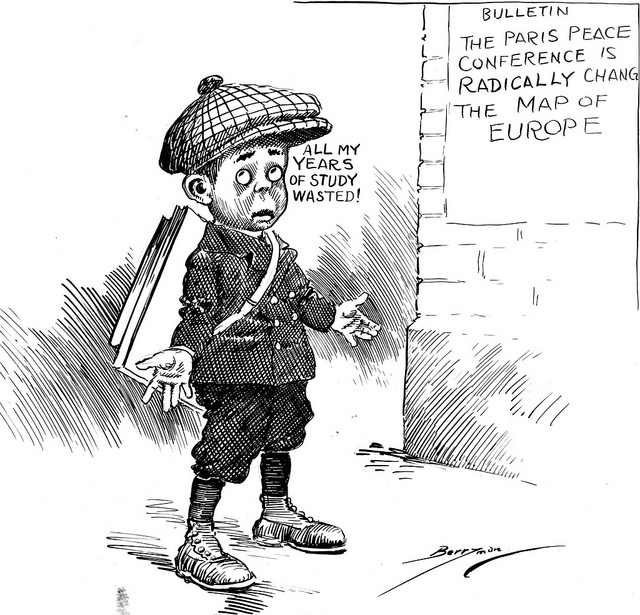
Writing well in advance of yesterday’s Israeli ground invasion of Gaza, The Jewish Daily Forward examined the political buildup to the conflict in Israel. Gregg Carlstrom provides context for Hamas’ preparation for conflict, arguing that while the organization is very weak, it probably does not face an existential threat. Fast-forwarding to Thursday, Carlstrom has three main conclusions on the development of the conflict: the peace negotiations were an Israeli-sponsored sham, Hamas is deeply divided, and it’s not entirely clear how the conflict ends. And despite the escalation, Israel and Hamas both need each other politically. The four Gazan children killed on a beach while playing soccer made headlines around the world Wednesday, and the New York Times’ Tyler Hicks has a particularly poignant take. Human Rights Watch’s Bill van Esveld delivers a stinging indictment of Israeli military policies in the role of the four boys’ death, “…they were the inevitable result of the IDF’s practice, seen in several incidents in Gaza since July 7, of firing before determining that the target is military…” Finally, it seems real threats of violence makes Israelis and Palestinians less supportive of peace.
The other major story of the week was the downing of the Malaysian Airlines MH17 flight over eastern Ukraine. For now, the most probable sequence of events is that pro-Russian separatists lacked the technology to determine they were firing at a civilian airliner. At Think Progress, Hayes Brown offers the geopolitical context for the incident. Lastly, Joshua Keating reminds us that the MH17 is the most recent in a long history of air disasters.
Writing on Thursday night, David Rothkopf notes that low-intensity conflicts, such as those in Gaza and eastern Ukraine, are often decided by well-publicized accidents, “Nations act as though the careful plans of their militaries and intelligence operations can harness the chaos of combat and guide it to advance their interests. And then the unplanned happens, collateral damage occurs, and it has a bigger impact on politics and the position of combatants than all the calculated elements of the conflict added up.”
The UN’s Force Intervention Brigade has been a revelation in the eastern DRC, and analyst Christoph Vogel examines its performance thus far. The next obstacle is confronting the FDLR, but political obstacles may prove more daunting than military ones.
Iranian Foreign Minister Javad Zarif gave NBC’s Meet the Press a very candid interview as the deadline for Iranian nuclear negotiations approaches. Between minutes 6:00 and 9:00, Zarif presents a very nuanced portrait of Iranian domestic politics.
A fascinating new study, summarized in the Monkey Cage, argues that religion did in fact mobilize protesters in the Arab Spring, but not in the way one might expect. Koran reading was positively correlated with protest participation, while frequent mosque attendance was negatively correlated with the same phenomenon.
Building on Alex DeWaal’s work on the concept of a “political marketplace”, Marielle Debos examines patronage networks and cycles of conflict in Chad.
South Sudan has struggled mightily since independence three years ago, and Lesley Anne Warner traces how the world’s youngest country finds itself on the brink. An excerpt from a book on South Sudanese rebel leader Riek Machar’s late wife concisely outlines just how complex conflict is in the country. Finally in South Sudan, the International Crisis Group demonstrates the many complications of including civil society in peace negotiations.





